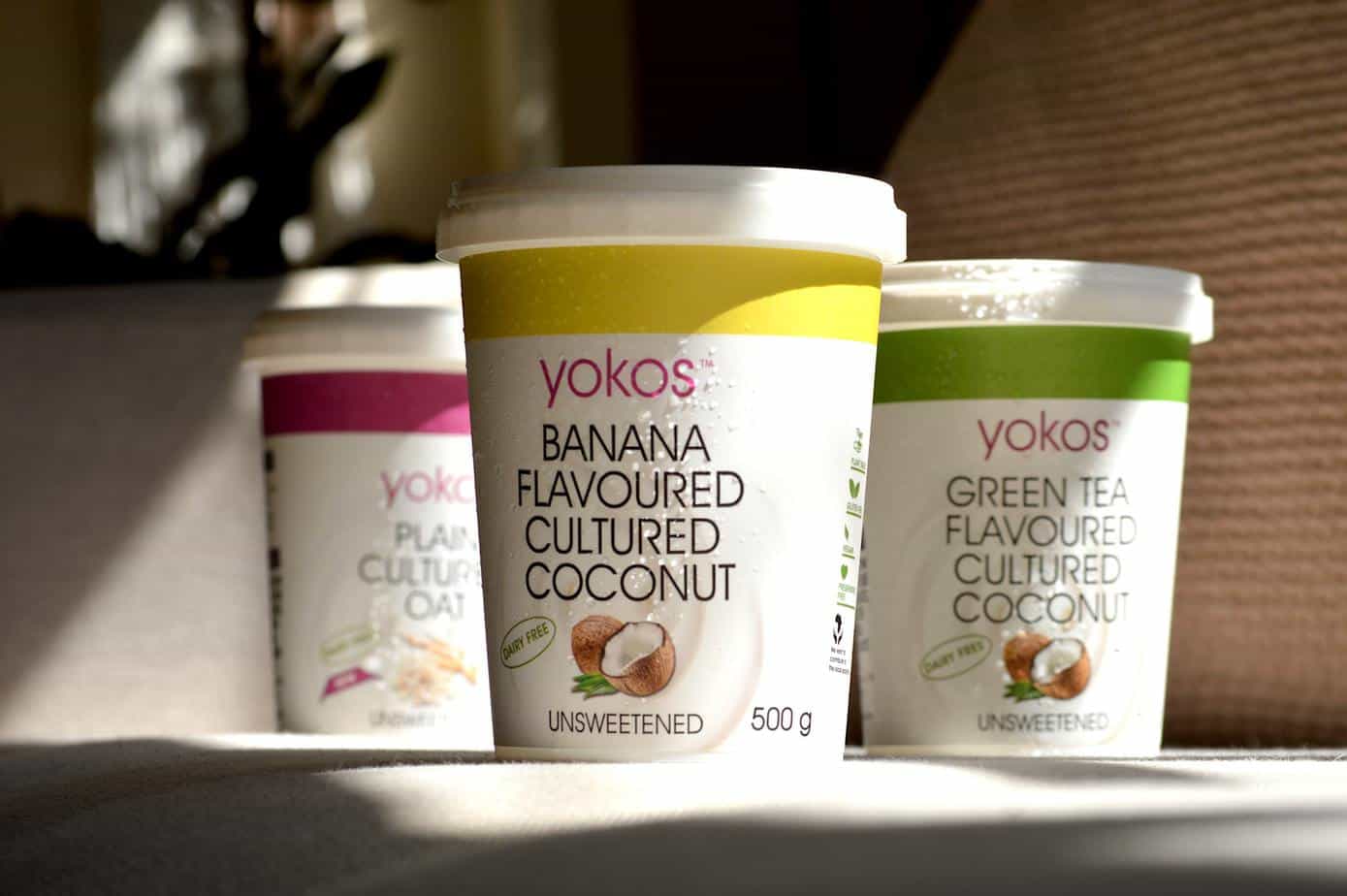
Good bacteria, the microbes that inhabit the human body, allow you to live and enjoy good health. Learn the most interesting facts about the gut microbiota.
The microbiota is the total of microorganisms that inhabit specific systems in the body, such as the gut. These microorganisms include bacteria, viruses, fungi and archaeons.
Each person’s microbiota is individual, like fingerprints. At the level of types and strains of bacteria, the differences between people are quite significant. The composition of everyone’s microbiota is partly determined by genotype, the original colonization of the gut at birth, and dietary habits.
Each part of the body is inhabited by a specific population of microorganisms. Thus, the microbiota of the right hand and the left hand, and even the microbiota of the thumb and the index finger will be different. They all have a function in the human body, but the most important role is played by the intestinal one.
The human stomach counts only thousands of bacteria, while the large intestine is inhabited by countless numbers of them. It is a unique “incubator” that no laboratory in the world is able to replicate. Even the previously widely used stool culture for the diagnosis of intestinal dysbacteriosis is no longer considered a reliable method because it does not capture all non-specific bacteria with pathogenic potential.
The type of delivery has a great influence on the development of the intestinal microbiota. Caesarean section is the least desirable, as a result of which the baby’s intestinal microbiota is sparse and not very diverse. The amount of bifidobacteria in the intestines of infants born by cesarean section is thousands of times less compared to children who were born naturally
The situation is worsened by the fact that caesarean section goes hand in hand with antibiotic therapy, which leads to depletion of bifido- and lactobacilli in breast milk. The intestinal flora of such infants is characterized by a higher incidence of the unfavorable Clostridium difficile species.
Probiotic bacteria act on three levels. First, they fight pathogenic microorganisms: they compete with pathogens in the process of adhesion to the intestinal epithelium, and also produce organic acids and bactericidal substances, which impede the multiplication of pathogens.
Second, they inactivate toxins. Third, they stimulate the production of a variety of cytokines and modulate the body’s immune response by enhancing and quenching excessive immune system responses.
Probiotics are used in the prevention of infectious diseases and reduce the risk of complications in patients undergoing antibiotic therapy. In combination with prebiotics, they enhance the effects of therapy in the course of various diseases.
Selected strains of probiotic bacteria are also used in the treatment of depression. Scientists have long proved the “emotional” link between the intestinal microbiota and the brain, and gut dysfunction is believed to be the cause of depression. By changing your diet, incorporating probiotics in the form of kefirs or yogurts, as well as fiber-rich prebiotics, you can contribute to the growth of beneficial gut microflora and tip the balance in favor of good bacteria.
Main photo: FitNish Media/unsplash.com